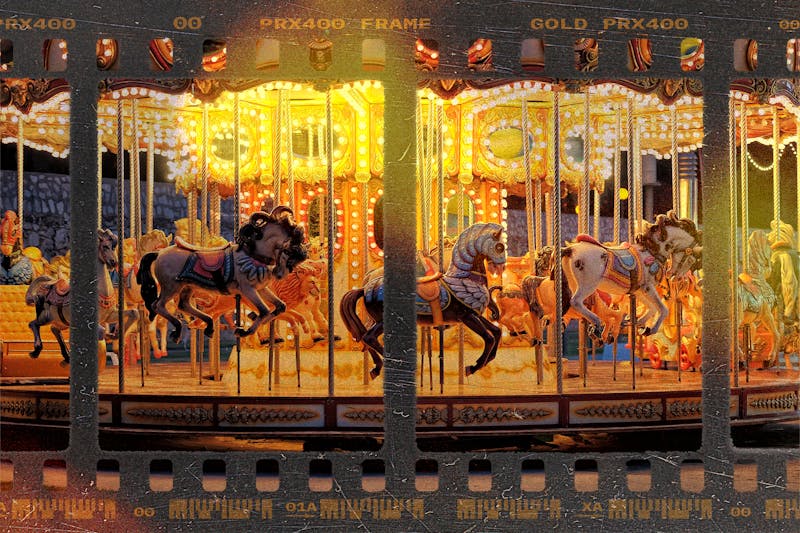It’s safe to say that I had high expectations for We Live in Time from the moment I saw the first trailer. John Crowley’s film A24 had all the ingredients to be considered one of my all-time favorite movies, but it just narrowly missed the mark.
That’s not to say I didn’t still enjoy this movie. I found this film’s depiction of love incredibly refreshing amid modern dating culture and the tendency in popular media to idealize superficial and toxic relationships. It wasn’t necessarily groundbreaking, but it was beautiful, heartbreaking, tender, and intimate.
Florence Pugh said, “This is about the simplest of things. I personally believe that we are here for one reason only: to love and be loved.” Andrew Garfield described it as a “revolutionary act of love.”
It almost feels like a shame, because if just a few things had been different, this movie could have been truly perfect in my eyes. On the contrary, I had mixed feelings.
This romantic drama is non-linear, depicting the protagonists Almut (Pugh) and Tobias (Garfield) through different stages of their relationship. They meet by chance, fall in love, and start a family together, but Almut is diagnosed with cancer.
In the movie, things don’t happen in this order. Instead, you get a collection of scenes, a montage of memories. I still struggle with this creative choice. While it was clever in articulating a sense of non-linearity in the way we process time, it was often confusing and distracting.
The scene itself made me feel so cramped in my seat in the theater that I was left holding my breath. Pugh and Garfield were both great, and their on-screen chemistry was amazingly special. Their performance was powerful and incredibly convincing, and combined with the moving music by Bryce Dessner, made me laugh, cry, and swoon. They truly capture the essence of what it feels like to be infatuated with another person, and some scenes feel so intimate that it’s as if no one is supposed to be watching. It was done.
The cinematography was stunning, with shots of the gorgeous English countryside, close-ups that captured the nuances of emotion on the actors’ faces during the most tense scenes, and dynamic camera work. The set was tastefully designed. I wanted to live in an apartment in Almut. Later, she also wanted to live in the cottage where she and Tobias moved.
What this movie lacked for me was the emphasis on relationships rather than the characters as individual people. Almut and Tobias are charming on screen thanks to their actors, but Tobias in particular isn’t as fleshed out as they could be.

